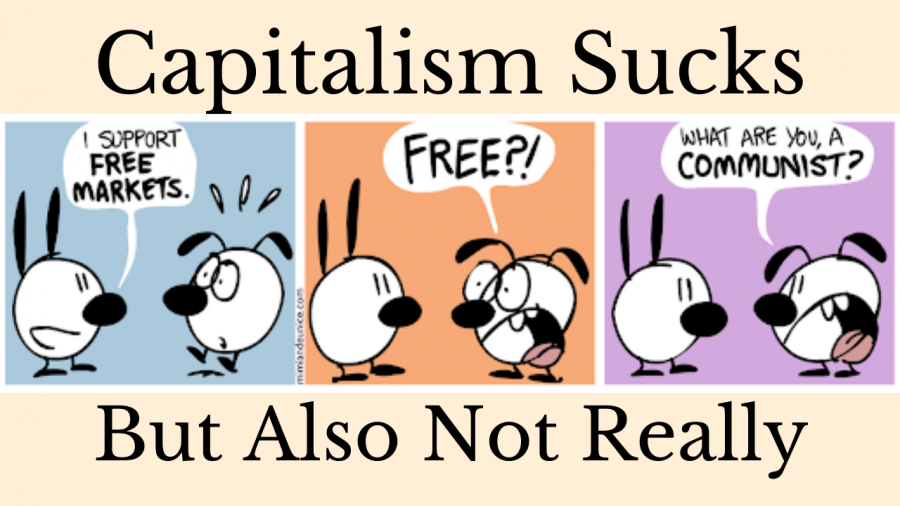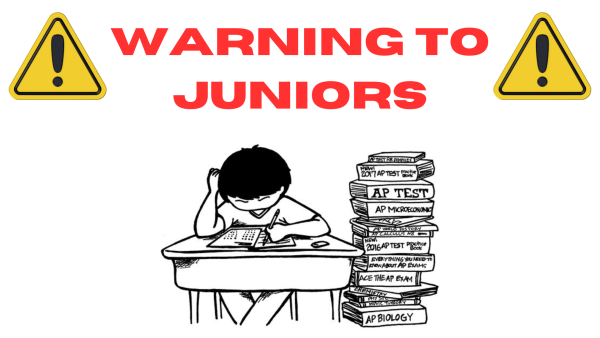Why Does a Free Market Matter?
When the stock mark bites, reddit bites back (and then the 1% bites back doubletime)
With the recent economic events and the drama surrounding GameStop, I decided to discuss why a free market is an essential aspect of the American economy. To get an official run down of what happened this week check out Cameron’s article, “What is Going on with GameStop”.
Now for a quick economics lesson (thank you Ms. Orr)! A free market is defined as “an economic system in which prices are determined by unrestricted competition between privately owned businesses” and essentially implies little governmental intervention and regulation in the economy. Okay, so why is this a good thing?
There are many reasons as to why a free market economy is the most practical, but lets begin with the primary reason… competition. Taking the laws of supply and demand under consideration, a free market allows for consumers to have access to goods and services at reasonable prices. If Company A is selling 1 banana for $2, Company B is selling 3 bananas for $2, obviously, you’re going to buy your bananas from Company B, it’s the better deal. Without this ability to freely compete within the market, companies would lose the incentive to produce at reasonable prices… which brings up another point → the importance of incentives.
When a new item is invented, the innovator is rewarded and the consumers benefit from its creation. When a company can buy and sell whatever they please we get things like the I-phone, squishmallows, and Youtuber merch. Not necessarily a need, but certainly a want. If the administrative costs that a business has to pay are lower, they are able to allocate their funds elsewhere and engage in more research and development.
Obviously, there is much debate over ethical consumption under a capitalist system, but the reality is that the most economic growth occurs through a free market. Too much government regulation is almost certainly inefficient; when the bureaucracy gets involved in free market transactions “the few impose their will on the many.” While there should be certain restrictions put in place as to uphold the structure and functionality, the markets should otherwise be free.
However, for every pro there is a con, and capitalism has many. For example, if a good is not profitable it will most likely cease in production. Additionally, the market does have the potential to fail and the country can experience a recession like the Great Depression in the 1930’s. There is no perfect economic system, though Bernie may disagree, and, unfortunately, it comes down to deciding if the benefits outweigh the drawbacks. Hopefully in the future we will see politicians that take the interest all, not just the one percent, and find an economic solution that is benevolent and equal. But until that day, support the free market. (And sue Robinhood in the process)
(I would like to clarify that this economic standpoint does not solely define my political leanings and that I am still very much a liberal… at the end of the day I choose my candidate for social issues not economic #VoteBlue)








